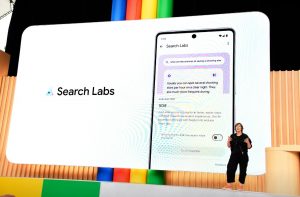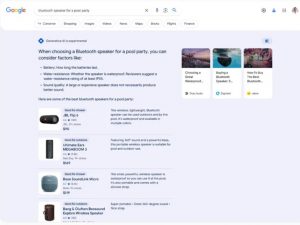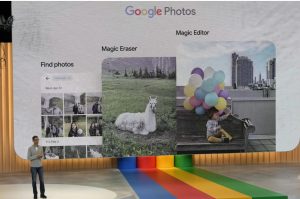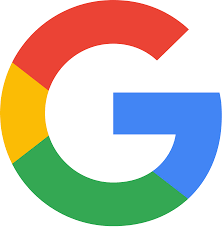During Google’s annual I/O conference, the search giant announced plans to incorporate generative artificial intelligence technology, similar to ChatGPT, …

Google I/O Conference
into its search engine. The experimental version of Google’s search engine will include text generation capabilities like ChatGPT and advanced chatbots. Google’s revamped search still requires users to enter queries, providing links, content snippets, and ads in response. However, in certain situations, the top of the page will feature AI-synthesized text sourced from various web-based information, linked to the relevant web pages. Users can ask follow-up questions for more specific details.
For instance, a query about the coronation of Britain’s new king may be answered with a summary of the event. When asking about e-bikes, Google’s algorithms can present bullet-point recaps of product reviews from different websites and link to online stores for purchasing. The updated search engine, accessible through the US-exclusive Search Labs feature, won’t be activated by default for all Google users.

Google Generative AI
Google’s AI-infused search is less sophisticated than ChatGPT, without an anthropomorphized persona and avoiding controversial topics like politics, medical advice, or finance. It declines to answer questions about the evaluation of Joe Biden’s presidency or different US states’ abortion laws.
Liz Reid, Vice President of Search at Google, acknowledges that the technology is still in its early stages, with challenges and inevitable mistakes. Google is rapidly adding ChatGPT-like features to search, but their usefulness to users remains to be seen. While product searches present synthesized information from reviews, it’s unclear how the brief summaries enhance the search experience.
The relatively unpolished feel of these features reveals that their launch is a defensive move. Despite Google’s significant investments and resources in AI, ChatGPT caught them off guard. ChatGPT, trained on vast amounts of text and web pages, was perceived by users as a promising search method, despite its occasional fabrication of information. Microsoft capitalized on this potential by investing in OpenAI and integrating ChatGPT into Bing.
To catch up, Google researchers developed the core technology behind the new chatbots but were cautious in launching their precursor, called LaMDA. In response, Google announced a ChatGPT competitor named Bard and combined its AI research group with DeepMind. Now, text-generation technology is being integrated into Google’s search, marking a significant test for ChatGPT-style technology and Google’s dominance.

Alphabet CEO Sundar Pichai addressing the audience at a Google I/O event in Mountain View, Calif., on Wednesday, May 10, 2023.
However, incorporating generative AI comes with risks. Language models can fabricate information, necessitating accuracy checks by companies. Publishers worry about content scraping and reduced referrals. Additionally, Google must avoid cannibalizing its search advertising business, a significant revenue source.
Aravind Srinivas, CEO of Perplexity AI, believes Google’s cautious rollout indicates their reluctance to make major changes to search and disrupt the search advertising business. The capabilities of ChatGPT and other advanced AI models have unsettled Google and raised concerns about the accelerated progress of AI technology. Geoffrey Hinton, a respected researcher, left Google to draw attention to the perceived dangers of these AI models.
At the I/O conference, Google unveils numerous projects and services utilizing generative AI like ChatGPT. However, integrating the technology into its dominant search product is the most consequential move for Google and its users
















